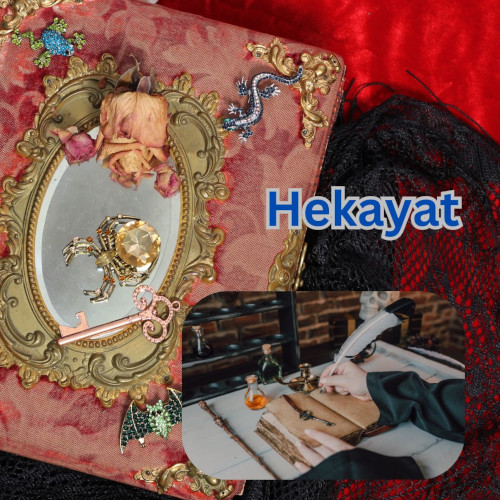Hekayat 3 from Chapter 3 of Golestan of Saadi

English Translation for Hekayat
I heard a dervish who was burning in the fire of poverty, sewing patches on his cloak, and comforting his distressed heart by saying:
"Let us be content with dry bread and a patched cloak,
For bearing our own burden is better than bearing the burden of others’ favors."
Someone said to him: “Why do you sit here? So-and-so in this city has a generous nature and abundant kindness. He serves the noble and sits at the hearts’ door. If he knew your condition as it is, he would consider it an honor to take care of you and would count it a blessing.”
He replied: “Silence! For dying in the corner is better than bringing one’s need before someone.”
"It is better to sew patches and choose the corner of patience,
Than to write a petition for a garment to the lords.
Truly, it is equal to the torment of hell,
To go to heaven by the intercession of a neighbor."
متن حکایت
درویشی را شنیدم که در آتشِ فاقه میسوخت و رُقعه بر خِرقه همیدوخت و تسکینِ خاطرِ مسکین را همیگفت:
به نانِ خشک قناعت کنیم و جامهٔ دَلْق
که بارِ محنتِ خود بِهْ که بارِ منّتِ خَلق
کسی گفتش: چه نشینی که فلان در این شهر طبعی کریم دارد و کَرَمی عَمیم، میان به خدمتِ آزادگان بسته و بر دَرِ دلها نشسته. اگر بر صورتِ حالِ تو چنانکه هست وقوف یابد، پاسِ خاطرِ عزیزان داشتن منّت دارد و غنیمت شمارد.
گفت: خاموش! که در پَسی مردن بِهْ که حاجت پیشِ کسی بردن.
هم رُقعه دوختن بِهْ و الزامِ کنجِ صبر
کز بهرِ جامه، رُقعه بَرِ خواجگان نبشت
حقّا که با عقوبتِ دوزخ برابر است
رفتن به پایمردیِ همسایه در بهشت


